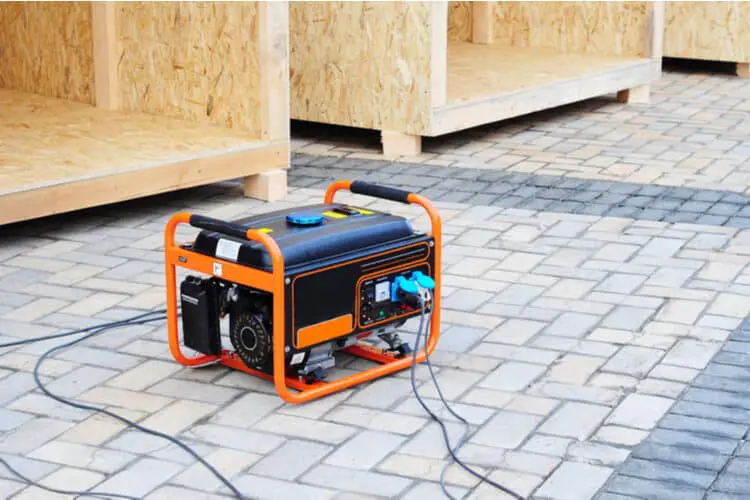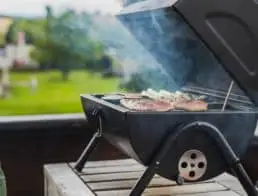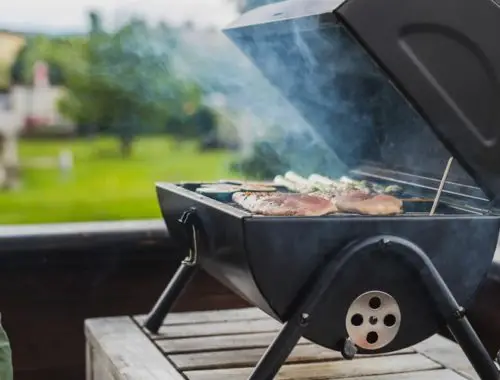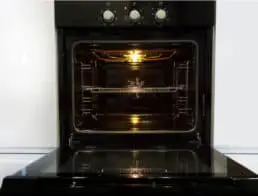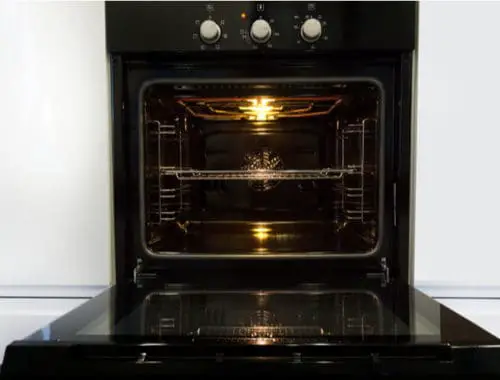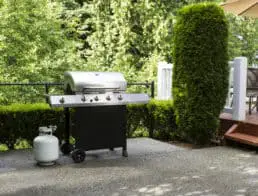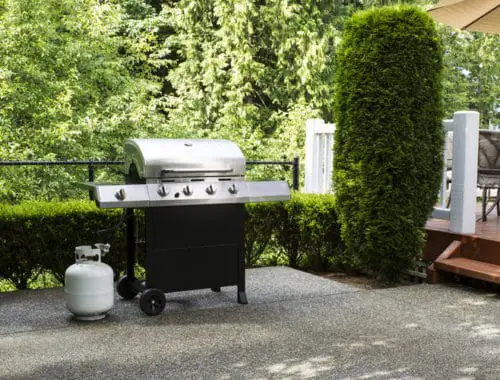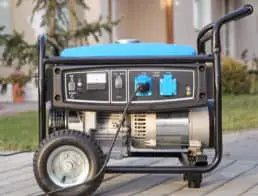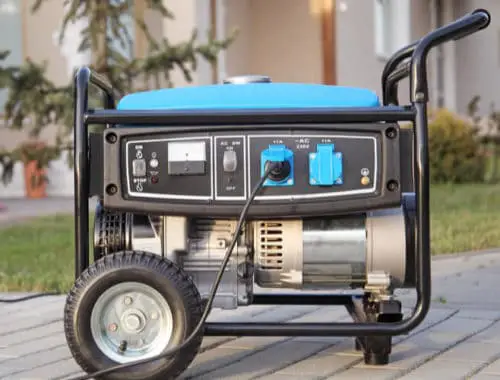Are you considering purchasing a generator to run your refrigerator and freezer in the event of a power outage? If so, there are several factors you should take into account. In this article, we’ll explain why a generator is a sensible investment and share some tips for choosing a model that’s powerful enough to run your home appliances.
What Is a Generator and Why Do I Need One?
A generator is a device that converts mechanical energy into electrical energy. A gasoline-powered generator is one of the most common options on the market today. They will both work to convert the fuel into energy, which is then sent through an alternator. The alternator converts this mechanical energy into electrical energy. (You may also consider a dual-fuel generator that uses either type of fuel.)
It’s a good idea to purchase a generator for your home if you live in an area where outages are common. In the case of a power outage, your home generator will kick in and allow you to carry on with life as usual. Two of the most important appliances to have running during an outage are your refrigerator and freezer as they protect your food from spoiling. But you’ll need to know how much wattage your appliances require in order to select the right generator for your home.
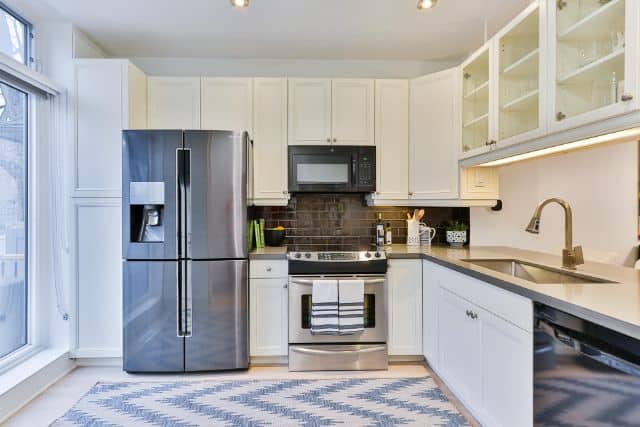
Image courtesy of Unsplash
What Are the Different Types of Generators?
There are three main types of generators: portable, inverter, and standby. Consider the benefits and drawbacks of each type before purchasing your generator.
Portable Generators
Portable generators are typically powered by gasoline or diesel. They are designed for temporary use and can be used indoors or outdoors. Portable generators are typically small in size, which makes them ideal for camping trips or tailgating parties. They also tend to be much cheaper than other generator models. However, because they aren’t built for continuous use, portable generators could pose problems if you plan to rely on one during an outage.
Inverter Generators
Inverter generators are designed to be quiet and fuel-efficient. They are a good choice for homeowners who want a generator on hand for an occasional outage. However, since they tend to be small and lightweight, they are not the best option for powering large appliances like refrigerators or freezers.
Standby Generators
Standby generators are an excellent option for powering large appliances. They are also the best choice for homeowners who want round-the-clock protection from power outages. Standby generators are permanently installed outside of your home and can be programmed to automatically turn on when they sense a power outage.

Image courtesy of Unsplash
How to Choose the Right Size Generator for Your Needs
If you want to be able to power your refrigerator and freezer in the event of a power outage, you’ll need a generator that’s capable of handling their combined wattage. It’s also important to note that motor-driven appliances like refrigerators and freezers require four times as much power to start up as they do to run.
With this in mind, there are two figures you need to know: how much power each appliance needs to run (running watts), and the amount of power they need to start up (starting watts). To find out the wattage of your appliances, look for a tag or sticker that lists a number with a “W”. This number is the wattage. If you can’t find such a tag, check your owner’s manual or look on the manufacturer’s website.
According to the National Ag Safety Database (NASD), the typical wattage of a home refrigerator is 400-800 watts, while most home freezers have a wattage of 600-1,000 watts. 1 Let’s say you have a refrigerator with an 800-watt rating and a freezer with a 1,000-watt rating. Combined, they require 1,800 running watts. If we multiply this figure by four, we can determine that they need 7,200 starting watts of power.
In the event of a power outage, you’ll want a generator that can provide enough wattage to start both appliances at the same time then run them together. This means that you’ll need a generator with a rating of at least 7,200 watts. However, it’s a good idea to choose a generator that’s slightly bigger to avoid any potential problems. 2
If your generator has a few hundred watts of extra power, it will be able to comfortably start and run your appliances without the possibility of overloading and shutting off. A generator with a rating that exceeds your needs will also last longer and run more efficiently and quietly. As a general rule, choose a generator that can start and run your appliances while using no more than 90% of its overall capacity.
A generator is a sensible purchase for any homeowner who’s concerned about being able to run their appliances or maintain electricity during a power outage. Not sure what to do in the event of an outage? Check out our handy guide. Before purchasing a generator, decide on how you plan to use it and check the running and starting watts of the appliances you want to power. It’s also important to consider factors such as fuel efficiency, noise levels, and overall portability.
Article Sources
Home Life Daily uses only high-quality sources, including peer-reviewed studies, to support the facts within our articles. Read our editorial process to learn more about how we fact-check and keep our content accurate, reliable, and trustworthy.
- Select the Right Portable Generator after a Disaster. Nasdonline.org. Accessed September 30, 2021.
- What Size Generator Do I Need? This Calculator Will Help You. Generatoradvisor.com. Accessed September 30, 2021.
